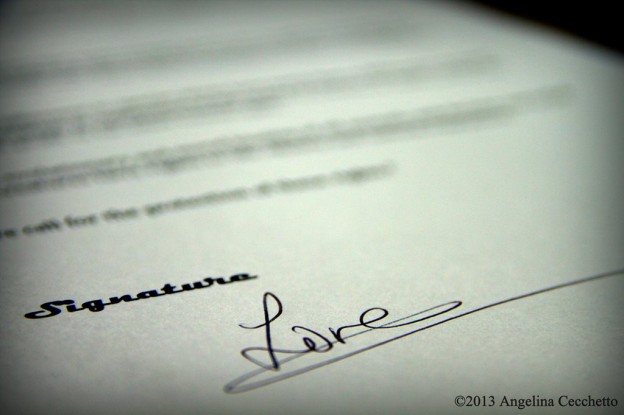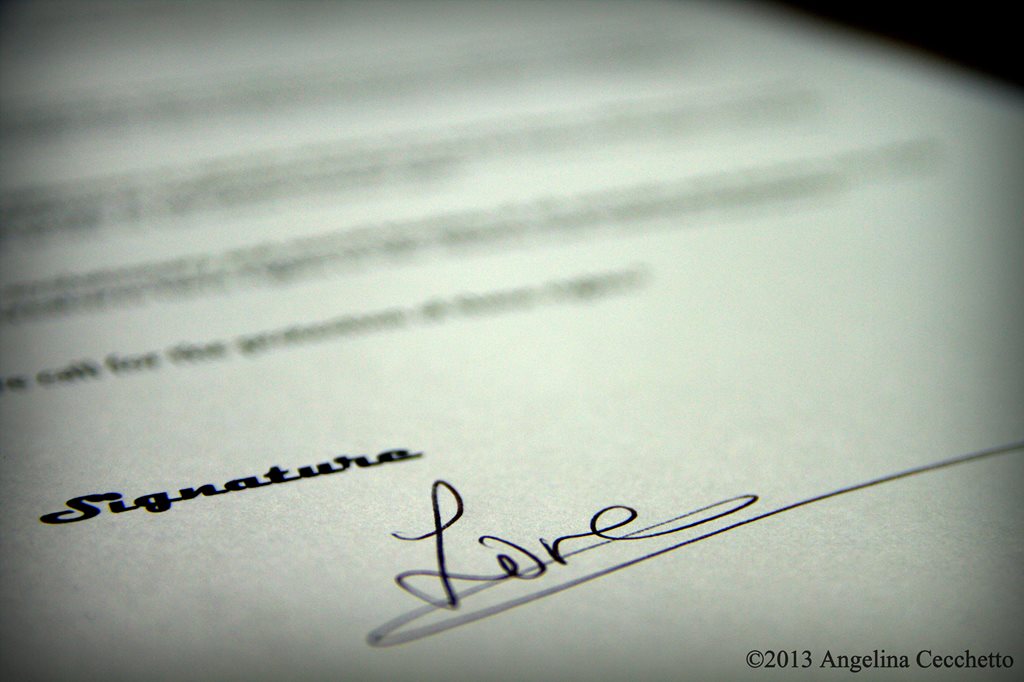The straight answer to this question is yes, petitions do work!
Successful petitions put pressure on corporations, governments and other local authorities.
How? By helping information circulate in an unbiased way, petitions keep people informed of what is going on and help spread the word on particular aspects of information that may not be covered by the mainstream medias. The great thing about petitions and particularly about online petitioning or e-petitioning is that it makes it very easy for people to do something about a cause they may have at heart to defend and to force groups or institutions who may not want to hear to actually listen to people’s opinion.
How does the petition process work exactly? To create an e-petition it’s very simple; you can go on different online petition websites such as www.avaaz.org , www.care2.com , www.change.org and many others. Should you want to find a petition site in your country, you just need to search for the petition in your own language in Google and you find many in your own language or related to your country. Before creating a petition, make sure that there is not one already existing which defends the same cause.
Some people think that signing e-petitions will not make any difference in the great scheme of things, well, they are simply wrong and I am going to give you some examples showing that in a couple of clicks and less than a minute people can make a positive difference in society. Of course, I am not talking about “all heroic happy-ending” unrealistic scenarios like “petitions-will-save-the-world” type of scenarios, I am saying that thanks to e-petitions, people can easily gather as a powerful group of individuals whose voices and opinions cannot be ignored by institutions.
In the UK for instance, when an e-petition reaches 100 000 signatures, the House of Commons Backbench Business Committee receives a notification from the Leader of the House of Commons (Parliament) about the petition which is then taken into consideration and discussed during the weekly hearing of MPs representations. MP’s have to make the case for the e-petition consideration.
Here are a few examples of successful outcomes thanks to e-petitions:
In December last year, thanks to a WWF[1] “I Will If You Will” campaign for Earth Hour 2012 which gathered the voices of 120,000 Russians and presented it to the government, the Russian Parliament voted a long-awaited law to protect the country’s seas from oil pollution.
On March 8th 2013 the California Coastal Commission (CCC)[2] who heard people’s outcry and petitions voted unanimously to reject the US Navy’s request to maintain military testing, sonar and bomb deployments throughout Southern California, Hawaii, Gulf of Mexico and along the Atlantic Coast. Many dolphins and whales have been killed already but should the CCC have approved the maintenance of the Navy’s project, millions of cetaceans would have been killed in the next 5 years so this is a prime example of how efficient petitioning helped towards life preservation of numerable cetaceans.
In his very comprehensive article “Slacktivism: Why Snopes got it Wrong About Internet Petitions”[3] Randy Paynter gives a few good examples of how petitions can make a positive difference like the striking story of independent journalists Laura Ling and Euna Lee who were imprisoned in North Korea, charged with grave crimes against the state, and sentenced to 12 years of hard labor. As Randy Paynter relates, “Their friends and family created petitions on “Care2” to raise awareness and call on North Korea to free the women. Close to 90,000 people signed these petitions, helping to keep the story in the national spotlight for months and eventually former President Bill Clinton traveled to North Korea and negotiated Laura and Euna’s release”.
I personally sign about 2 to 3 petitions a day on average because this is a great way to help causes and raise awareness about things that are happening in the world and that people may not know about, because people don’t necessarily have the time to get informed or simply because some issues receive very low mainstream media coverage. So, if like me, you care about justice and want to get involved, then, think about petitioning as a first easy step to make a positive difference!
To conclude, I will cite Margaret Mead’s famous words:
“Never doubt that a small group of thoughtful, committed citizens can change the world. Indeed, it is the only thing that ever has.”
To finish, here is a petition working towards Nature and Ocean Conservation which mainly pleads to ban non-biodegradable packaging for food which would help reducing the dramatic impact of plastic on nature and a whole array of animals and especially aquatic life. To sign it, please click here.
Thank you for your contribution!
By Angelina Cecchetto on 7th April 2013

